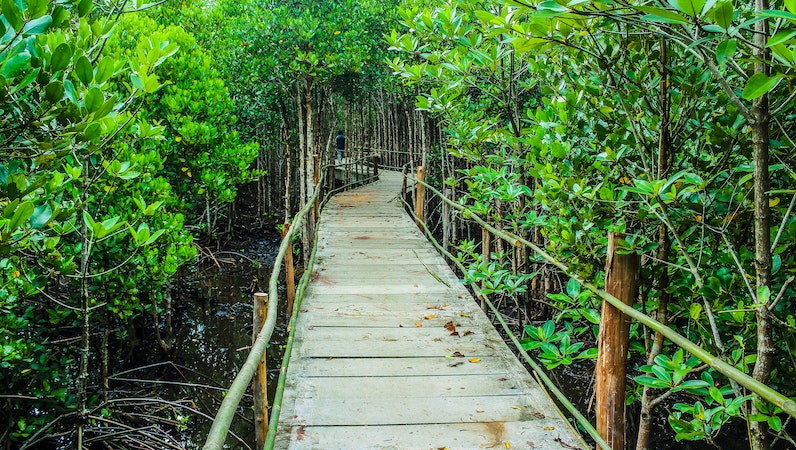
CLIMATE ACTION SHOW
APRIL 25TH 2022
Produced by Vivien Langford with guest interviewer Amelia Goonerage
CARING FOR COUNTRY CARING FOR FORESTS
GUESTS
TISHIKO KING - She is the campaign director at Seed Indigenous Youth Climate Network and took part in the 2021 United Nations Climate Change Conference (COP26) in Glasgow, where she also represented the Torres Strait island organization, Our Islands Our Home.[1][2]
TIANA JAKECEVITCH - From Aotearoa : https://www.rnz.co.nz/news/national/448858/indigenous-knowledge-key-to-a...
GIACOMO FEDELE - Mangrove specialist Conservation International
https://sitefinity.ciapps-aws.org/blog/meet-a-scientist-to-adapt-to-clim...
BRONSON GRISCOM- Conservation International . Griscom was the lead author of the 2017 landmark study that revealed natural climate solutions provide over 30% of the emissions reductions needed by 2030 to keep global temperature increases under 2 degrees Celsius. The study, published in the Proceedings of the National Academy of Sciences, made worldwide headlines.
https://www.pnas.org/doi/10.1073/pnas.2115218118#:~:text=We%20need%20bio...'s%20biosphere%2C%20its%20extraordinary%20and,life%20on%20Earth%20to%20thrive.
MANDY KING - WHERE THE WATER STARTS about conserving the natural landscape and indigenous heritage of the Kosciosko National park region :Film Maker https://fan-force.com/films/where-the-water-starts/
Only six months to go until COP 27 when we expect to see much more accountability for the pledges made to cut methane and deforestation. It is hard to get an overview but in this spirit we go to the Tortres Stae Islands, New Zealand, Panama and Belgium. A clear message comes through that indigenous people have a much deeper interest in preserving their mangroves, forests and livelihoods. It is not just about carbon sequestration for them. However, valuing the carbon in living forests as opposed to dead wood may tip the balance in all our favour. The COP 26 signatories including Australia must be held accountable.
On carbon credits: "Research has(link is external) repeatedly(link is external) shown(link is external) that land under stewardship of Indigenous peoples tends to have far better conservation outcomes — This is a powerful reason to strengthen, not weaken, Indigenous land rights. Also, saying that the only way forward for offsets is corporate control and that Indigenous peoples are going to suffer is problematic.
How?
This perspective depicts Indigenous peoples as helpless by diminishing their agency and autonomy. It’s also deeply cynical, implying that humanity has learned nothing from the entire history of the conservation movement and is doomed to repeat the mistakes of the past.
The fact is, high-quality carbon offsets are necessarily built upon the full and informed participation of Indigenous peoples and local communities, who have much to gain from the financial and technical benefits that carbon offset projects can provide. A major feature — indeed, much of the point — of carbon offsets is restorative justice: a wholesale transfer of wealth aimed at rewarding those who protect nature for everyone’s benefit by acknowledging their control of their lands. " 3 myths about carbon offsets, busted (conservation.org)(link is external)
Climate Action Collective